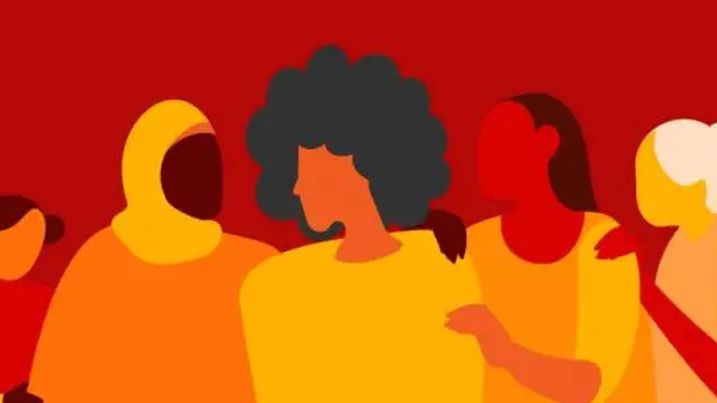Giving and “taking” a woman – Day 3


Se(di)ngolwa (t)sa Bibele
TSHIMOLOHO 20
Aborahama o fallela Gerare
1. According to the reading King Abimelech would only be guilty of a sin (punishable by God) if he had sex with Sarah because she was another man’s wife. The king could get away with “taking” Sarah if she had been Abraham’s half-sister (Gen 20:12) only, and not his wife.
If you could, what question would you want to ask:
(a) God
(b) Abraham
(c) Sarah
(d) King Abimelech
2. Abimelech, a king, had the power to ‘take’ any woman he desired and “make her his wife” – but not if the woman was already married. The only way a man could “take” another man’s wife was to kill the husband. Abraham, a newcomer in a foreign kingdom, knew that by making it known that Sarah was his sister, would make her sexually available to a man desires her, and there would be no reason for anyone to get rid of him. Abraham said to Sarah, “Wherever we go, tell everyone that I am your brother, “This is how you can show your love to me” (Gen 20:13b).
(a) Like the daughters of Abraham’s nephew, Lot, Sarah is “given” by a man she loves to be sexually exploited by other men. How does this exploitation of women’s sexuality make you feel?
(b) Can you think of any examples in your own context where women sacrifice their bodies and being for the sake of the men in their life?
(c) In light of this Bible study, what are your thoughts about the question “Who gives this woman to be married to this man”? asked in the marriage service after which the priest says, “receives the woman from the hand of her father” and passes her on to the groom?

